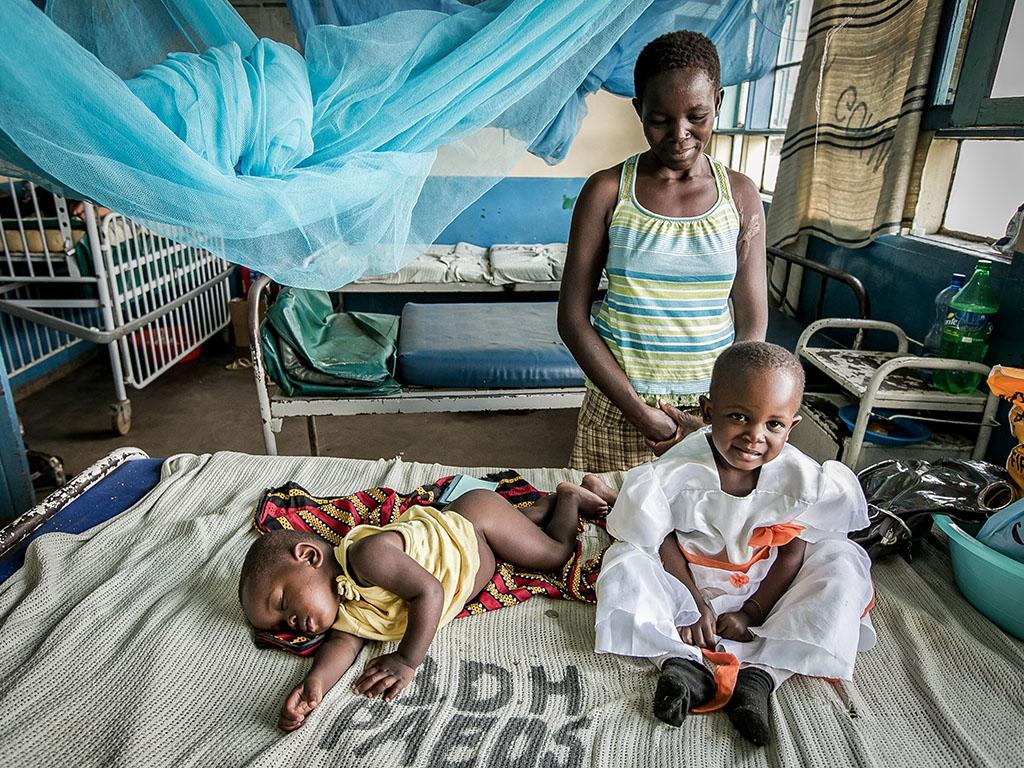Close Up: Rhea Coler
By UW School of Public Health
If it weren’t for a teacher who pushed her to pursue science, Rhea Coler could have slipped through the cracks as a young girl in Trinidad. Three degrees and five patents later, Coler is shaping the future of vaccine development and mentoring emerging leaders in global health.



